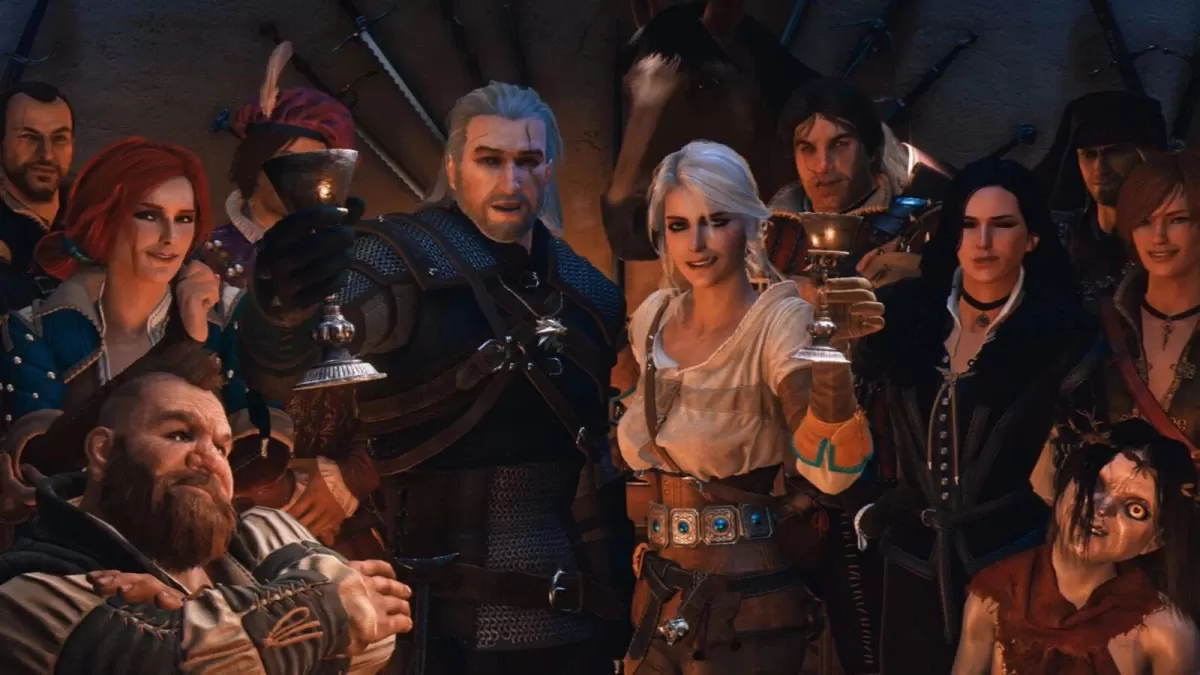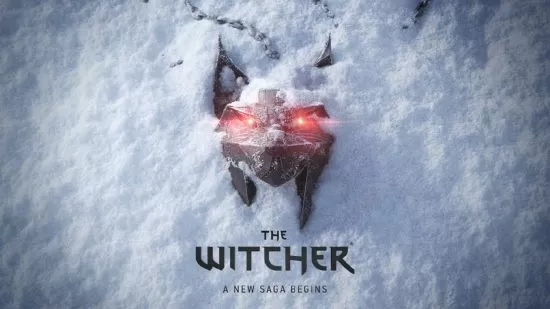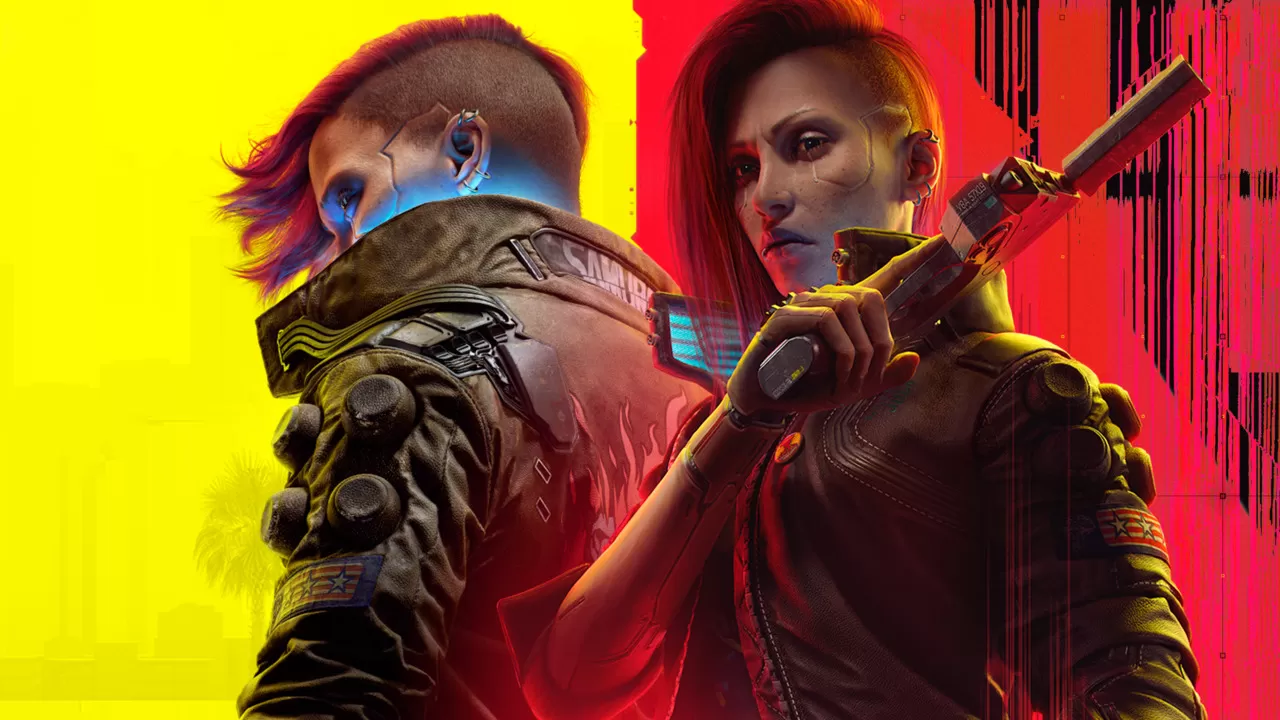The gaming community received a bittersweet update on March 31, 2025, as CD Projekt Red, the acclaimed developer behind The Witcher series, confirmed that The Witcher 4 will not see the light of day until at least 2027. This revelation came during the company’s recent fiscal year 2024 earnings conference, where the studio addressed its ambitious slate of projects and financial goals. For fans eagerly awaiting the next chapter in the beloved fantasy saga, the news marks a longer wait than many had hoped, though it underscores CD Projekt Red’s commitment to delivering a polished experience after the turbulent launch of Cyberpunk 2077.

The confirmation of the delayed release window was first spotted by PC Gamer during CD Projekt Red’s earnings presentation. The studio explicitly stated—twice—that The Witcher 4 would not launch in 2026, effectively ruling out any earlier release speculations. During a segment discussing the company’s Incentive Program B, which ties financial goals to project milestones, a representative noted, “Even though we do not plan to release The Witcher 4 by the end of 2026, we are still driven by this financial goal.” This goal aims for a net profit of 2 billion złoty (approximately $515 million USD) between 2023 and 2026, a target the company remains optimistic about despite the game’s distant release. In the subsequent Q&A session, Chief Financial Officer Piotr Nielubowicz doubled down, stating, “We are not going to announce the precise launch date for the game yet.” He added that, for now, the only clarity they can offer investors is that the game will not launch within the timeframe of the incentive program, which concludes on December 31, 2026.
This timeline has sparked speculation across online forums and social media platforms, with many fans theorizing that CD Projekt Red is eyeing a 2027 release, potentially aligning with the next generation of consoles. Reports suggest that Microsoft and Sony are targeting 2027 or 2028 for their next-gen hardware, and a 2027 launch for The Witcher 4 could position it as a flagship title for these platforms. However, given the unpredictable nature of game development—especially for a project of this scale—some analysts caution that 2027 might be optimistic. CD Projekt Red’s history with Cyberpunk 2077, which entered full production in 2016 and launched in 2020 to widespread criticism for its buggy state, serves as a reminder of the challenges in delivering a massive open-world RPG. The studio has since vowed to avoid such pitfalls, prioritizing quality over rushed timelines, which may explain the extended development period.

The Witcher 4, internally codenamed Project Polaris, has been in development for several years, transitioning to full production in November 2024. As of February 2025, over 410 staff members are working on the project, making it the largest active endeavor at CD Projekt Red. The game marks the beginning of a new trilogy in the Witcher universe, with Ciri, Geralt of Rivia’s adoptive daughter, stepping into the spotlight as the protagonist. A cinematic trailer unveiled at The Game Awards 2024 showcased Ciri’s monster-slaying prowess in a darker, more morally ambiguous world, hinting at a story that explores her journey as a fledgling witcher. The trailer, rendered in Unreal Engine 5, also confirmed the studio’s shift from its proprietary REDengine, a move aimed at enhancing the game’s visual fidelity and open-world capabilities.

Beyond The Witcher 4, CD Projekt Red is juggling multiple projects. Project Sirius, a multiplayer Witcher spin-off developed by The Molasses Flood, remains in pre-production, while a remake of the original 2007 Witcher game is still in the conceptual phase, with some of its team temporarily assisting on The Witcher 4. Meanwhile, Project Orion, the sequel to Cyberpunk 2077, and Project Hadar, a new IP, are also in early concept stages. This packed pipeline reflects CD Projekt Red’s ambition to expand its portfolio, but it also raises questions about resource allocation and potential delays. The Witcher 1 remake, initially thought to be the next release, may now be leapfrogged by The Witcher 4, further complicating the studio’s timeline.


For fans, the wait until 2027 or beyond is a test of patience, but it may be a necessary one. CD Projekt Red’s cautious approach signals a desire to avoid the mistakes of Cyberpunk 2077, which required years of updates to reach its full potential. With The Witcher 3 having sold over 50 million copies and the franchise surpassing 75 million, the stakes are high for The Witcher 4 to deliver a next-gen experience worthy of its legacy. As development progresses, the gaming world watches eagerly, hoping Ciri’s journey will redefine what a Witcher game can be. Until then, players might want to revisit the Continent through the books, the Netflix series, or a replay of Wild Hunt to tide them over.





